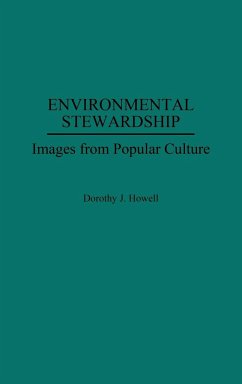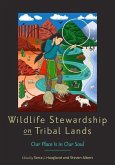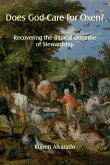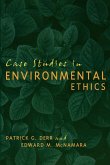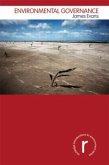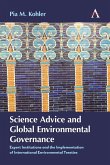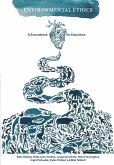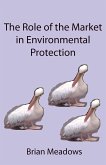This work addresses the cultural background of stewardship as a progression from individual personal aesthetics to a deeply informed environmental ethic that could become a national environmental policy. Howell begins by assessing our personal cultural background and our philosophical notions of our role in the natural world. She looks at the evolution of Western civilization and changing worldviews in relation to nature, examining especially early conceptions of a more appealing, simpler life closer to nature in contrast to the perceived civilized world that is portrayed as decadent. Howell examines archetypes from literature and the popular arts, finding examples in Jungian psychology and in contemporary film and television that support the Wild Man image and promote the Simple Life yearning. She then looks at the early 20th-century conservation and preservation writers as the most direct ancestors of today's environmental movement and an immediate source of inspiration.
Hinweis: Dieser Artikel kann nur an eine deutsche Lieferadresse ausgeliefert werden.
Hinweis: Dieser Artikel kann nur an eine deutsche Lieferadresse ausgeliefert werden.

